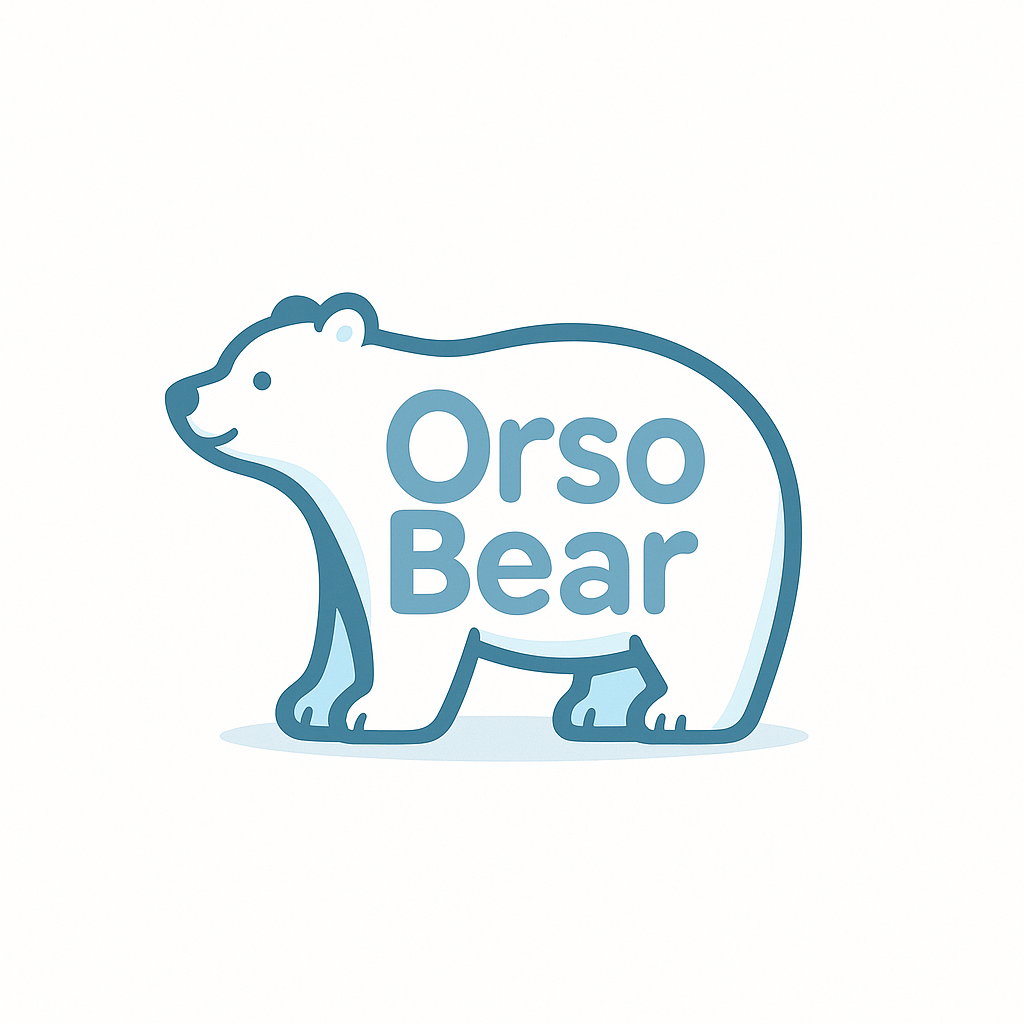Introduction
The rapid progression of artificial intelligence (AI) technology has unlocked countless opportunities for small businesses. AI has the potential to optimize operations, enhance decision-making, and provide a competitive edge. However, amidst this growing adoption, the ethical considerations of AI development are becoming increasingly significant.
As this technology grows more sophisticated and influential, it’s crucial to understand the ethical implications. This post will delve into the ethical aspects of AI development, providing practical examples, discussing future trends, and offering some key takeaways for small business owners interested in AI.
Understanding the Ethical Challenges of AI
AI technology’s transformative potential brings with it a host of ethical considerations. Some of the key concerns include privacy, transparency, accountability, and bias. Businesses need to consider how they collect and use data, ensuring they respect individuals’ privacy rights. Transparency involves clear communication about how AI systems make decisions, while accountability requires mechanisms to hold developers and users responsible for AI’s actions. Finally, bias in AI can result in unfair outcomes, often due to biased data used in training AI models.
For instance, a 2018 report by the American Civil Liberties Union (ACLU) revealed that Amazon’s facial recognition software, Rekognition, incorrectly matched 28 members of Congress with mugshots of criminals. This case underscores the potential for AI bias and the serious implications it can have.
Developing Ethical AI Frameworks
To address these ethical concerns, it’s essential to develop robust frameworks for AI ethics. These include guidelines, standards, and regulations that outline ethical practices in AI development and use. For instance, Google developed its own set of AI principles in 2018, promising not to design or deploy AI in ways that cause harm, violate human rights, or enable surveillance.
As a small business owner, creating an ethical AI framework might involve setting clear policies on data collection and use, implementing transparency measures, and regularly auditing AI systems for bias. Regular training for staff on ethical AI practices is also essential.
Case Study: IBM and Ethical AI
IBM is a prime example of a company putting ethical AI principles into action. In early 2020, IBM announced it would stop offering general-purpose facial recognition software and called for a national dialogue on the technology’s use in law enforcement. This move was driven by concerns about racial bias in facial recognition technology.
IBM has also developed an AI ethics board to oversee its practices and launched a tool called AI Fairness 360, designed to detect and mitigate bias in AI models. This is a clear demonstration of how a company can take proactive steps to ensure ethical AI development.
Future Trends in AI Ethics
As AI continues to evolve, ethical considerations will increasingly come to the fore. We can expect to see more regulations governing AI use and development, both at national and international levels. For instance, the European Union is already working on laws to regulate AI, focusing on high-risk systems.
Furthermore, the demand for transparency in AI systems is likely to grow, leading to the development of more explainable AI models. Also, as consumers become more aware of privacy issues, businesses that prioritize ethical AI practices could gain a competitive edge.
Conclusion: Key Takeaways
The development and use of AI bring immense potential for small businesses, but ethical considerations must not be ignored. In developing and deploying AI, it’s crucial to consider privacy, transparency, accountability, and bias. Developing ethical AI frameworks and providing staff training are key steps towards ethical AI development.
Examples like IBM demonstrate the potential to embed ethical considerations in AI practices. As AI continues to evolve, businesses that prioritize ethical practices in AI development will likely gain a competitive advantage and contribute to a more equitable technological future.
In conclusion, while AI offers exciting opportunities for growth and innovation, it is incumbent upon every stakeholder in the AI space, including small business owners, to ensure that these advancements are guided by a strong ethical framework.




